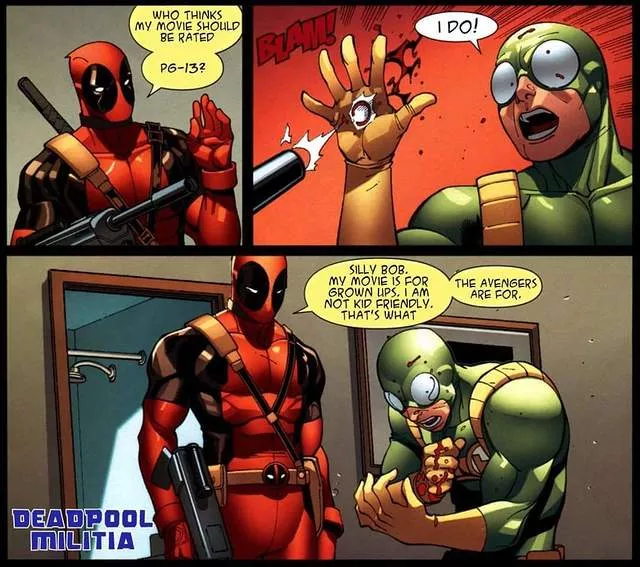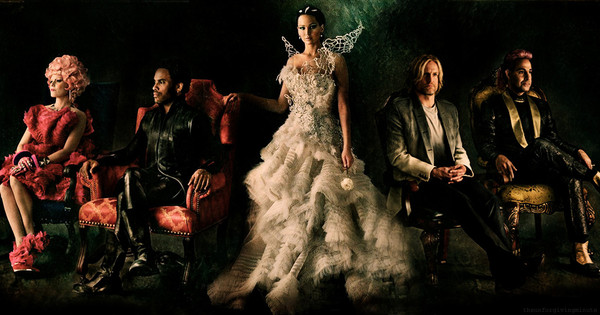My favorite kind of sci-fi is dystopia, or post-apocalyptic. These are the stories that consider the bad things that could happen in the future. These may be more pessimistic than other stories, but they’re more realistic considering human nature.
For example, in my favorite post-apocalyptic dystopia, Firefly, Joss Whedon makes a future world that totally makes sense. Humans fly out to other planets not because they’re adventurous, but because their planet “got used up.” And when they get out there, most of them revert back to primitive technology and societies.
In TV shows like Heroes and Legends of Tomorrow, or books like the Sisters Grimm, characters can get glimpses of post-apocalypse worlds that they need to prevent. I love these stories because the writers are free to make things as bad as they want with little to no consequences.
The only real problem with dystopia and science fiction in general is that although these things or similar scenarios could happen they probably won’t. The Bible gives away the real ending of the story. When God judges the world, he’s going to stop holding back the evil in the universe. There will be massive natural disasters and wars and plagues and monsters and a corrupt government. Now that’s a dystopia and a post-apocalypse.
But this isn’t science fiction. The world really is coming to an end; but unlike any other apocalypse, there is a way to escape from this one. Before the end of the world, everyone who’s been saved will be taken to heaven. So if we’ve accepted God’s salvation, we don’t need to worry about the end of the world. This makes it much easier to enjoy stories about it.
Some Christians have a problem with the Left Behind series because it may not be all that Biblically accurate. Geeks can appreciate this story and others like it for what it is: a good post-apocalyptic story. (As long as it’s not the version with Nick Cage in it.) We can all benefit from a change in perspective when the world is ending.
– Noah
Let’s Connect
@noahspud
@CorrelationBlog



